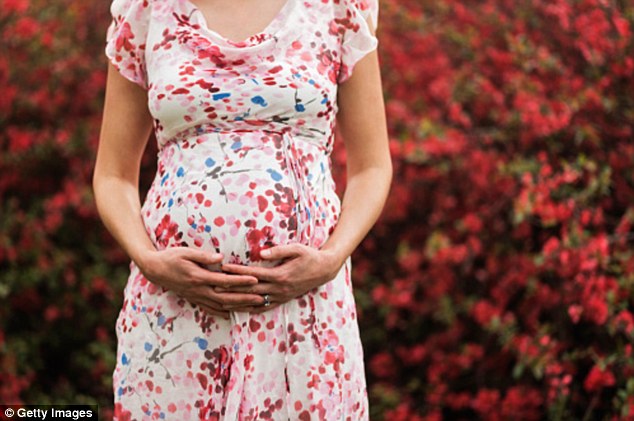Now a study has found concrete evidence to back up that age-old wisdom - and calculated exactly how much stress affects fertility.
According to research by Kentucky`s University of Louisville, women who are stressed during ovulation are 40 per cent less likely to conceive that month.
In general, women who feel stressed most of the year are 45 per cent less likely to get pregnant than other women, they found.
The results, published this week in the journal Annals of Epidemiology, scientifically confirm what many have long suspected.
`These findings add more evidence to a very limited body of research investigating whether perceived stress can affect fertility,` the study`s lead author, epidemiologist Dr Kira Taylor, said.
`The results imply that women who wish to conceive may increase their chances by taking active steps towards stress reduction such as exercising, enrolling in a stress management program or talking to a health professional.`
In the study, 400 sexually active women under the age of 40 recorded their daily stress levels measured on a scale from one to four (low to high).
The diaries also contained information regarding menstruation, intercourse, contraception, alcohol, caffeine and smoking.
Urine samples also were collected throughout the study, and women were followed until they became pregnant or until the study ended, for an average of eight menstrual cycles.
Researchers calculated mean stress levels during each phase of the menstrual cycle, with day 14 as the estimated time of ovulation.
They found the negative effect of stress on fertility was only observed during the ovulatory window, and was true after adjustments for other factors like age, body mass index, alcohol use and frequency of intercourse.
The study also found that women who did conceive experienced an increase in stress at the end of the month in which they became pregnant.
Dr Taylor says this could be the result of two factors.
First, women became stressed after taking a home pregnancy test and learning they were pregnant.
Second, and more likely: their increased stress was the result of changes in hormone levels caused by pregnancy itself.
`Some individuals are skeptical that emotional and psychological attributes may be instrumental in affecting fertility,` Dr Taylor said.
`I hope the results of this study serve a wake-up call for both physicians and the general public that psychological health and well-being is just as important as other more commonly accepted risk factors such as smoking, drinking alcohol, or obesity when trying to conceive.`
More about:
















































